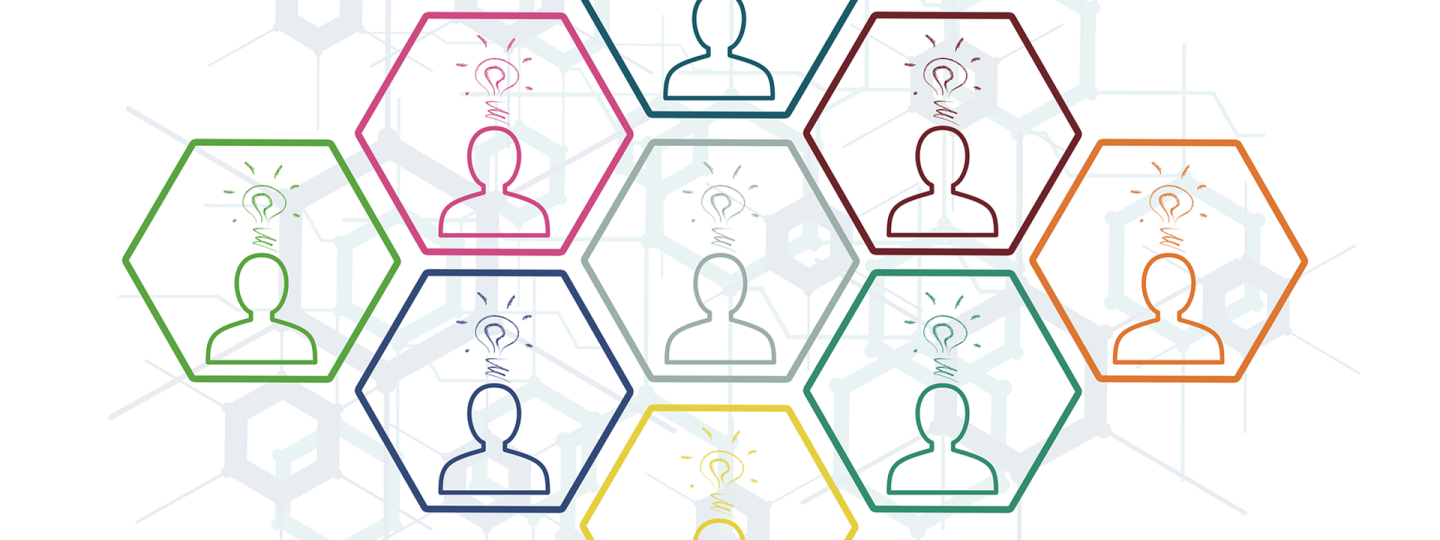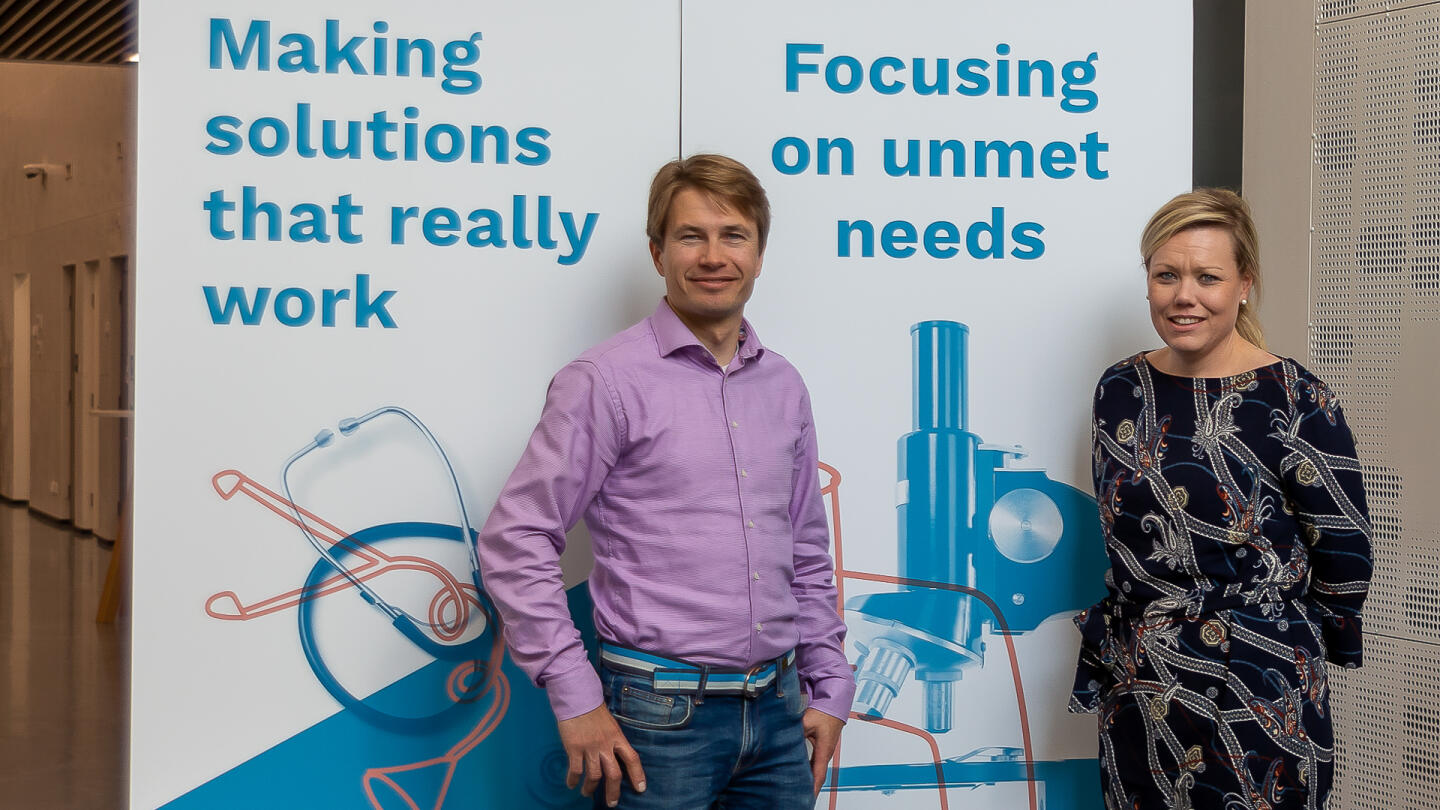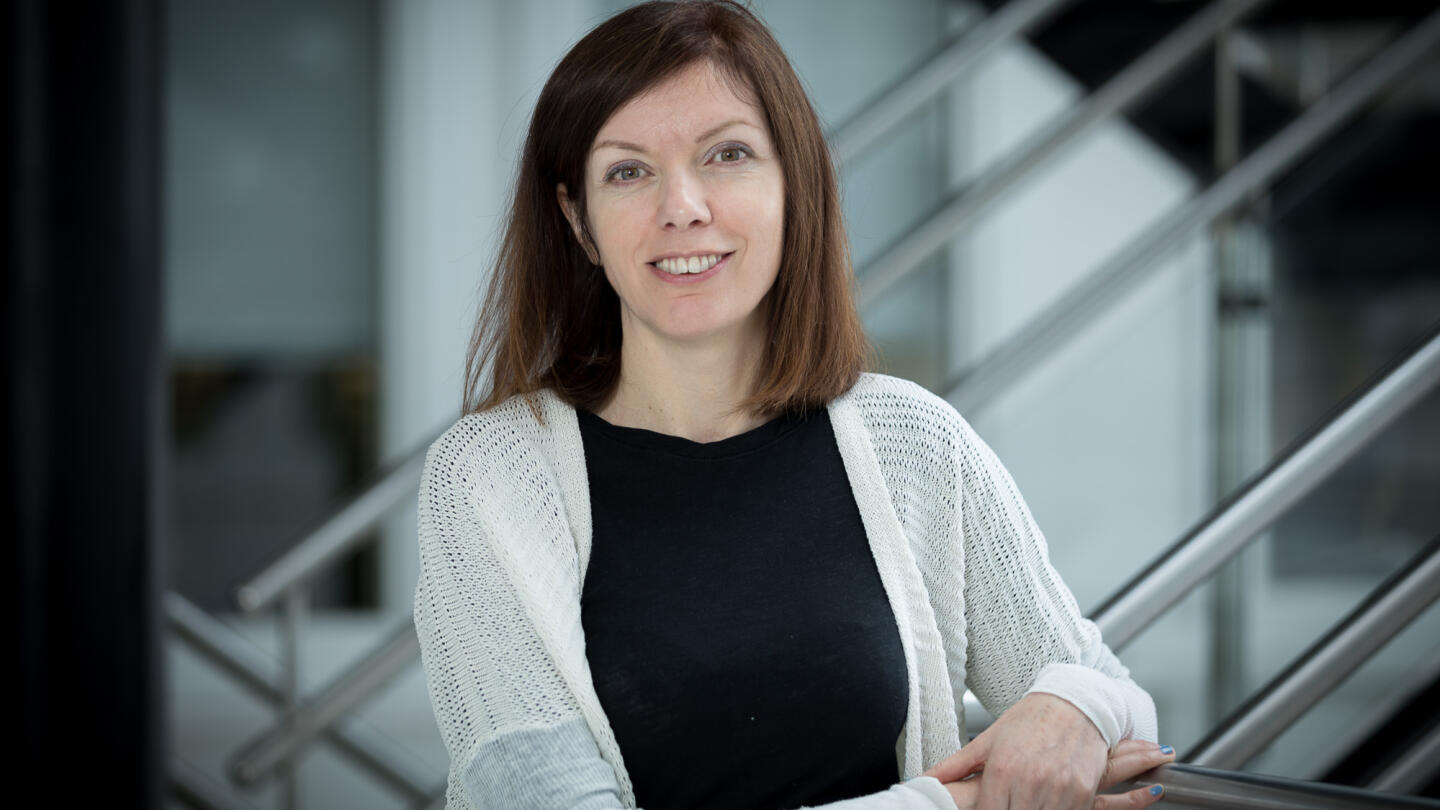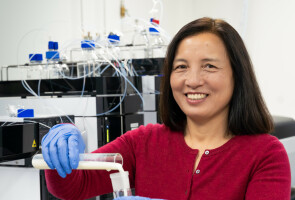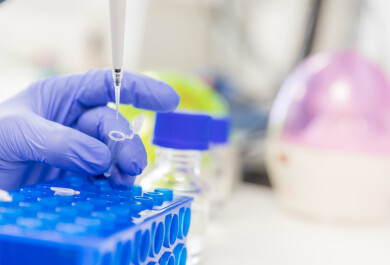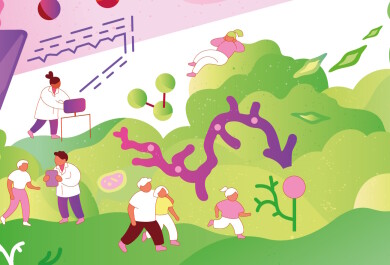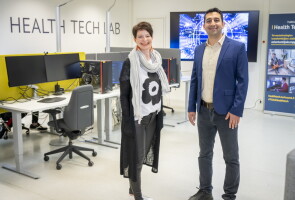SPARK Finland is part of the global SPARK network, which was founded in the University of Stanford in 2006 to help shape the health innovations developed in universities into finished products and new enterprises. SPARK began its operations in Finland in 2017, and in 2018, it was joined by the University Health Campus Turku, which encompasses the University of Turku, Åbo Akademi University, Turku University Hospital and Turku University of Applied Sciences. The application period for the next programme lasts until 2 December.
SPARK Finland operated between 2017 and 2018 as a pilot project funded by the Ministry of Economic Affairs and Employment, Health Capital Helsinki alliance and the University of Tampere. The University of Eastern Finland will most likely join the network in 2020 and expand SPARK Finland’s operations. The umbrella organisation SPARK Global operates in Asia, Africa, Europe, and North and South America.
SPARK is a unique partnership programme which combines universities and the health industry. The activities of SPARK have an altruistic undertone: the teams and researchers who join it should above all have a will to change the world.
– The initiatives coached by SPARK should have something new to offer for the future, SPARK Finland’s Development Manager Juuso Blomster stresses.
Mentor Network Offers Strong Expertise to Teams
The most important form of activity in SPARK is mentoring the teams. Top experts from industry, technology, economy, and academia mentor the participants and give advice at regular intervals: the mentoring meetings are held twice a month.
The SPARK concept also includes top level lectures and international networking opportunities. By participating in SPARK mentoring, the teams have its support and services available for as long as three years. The objective of the persevering collaboration is to e.g. establish a company or create a new licensed product. The initiatives can relate to e.g. medicine, diagnostics, health technology or IT solutions for health care.
– The most common problem with university-generated inventions and innovations is their short-term nature. There are a plenty of ideas, but developing them into practical products is problematic – due to lack of resources, if not for other reasons. SPARK aims to support the teams when their invention is ready to be shaped into a concrete product, and they need to find funding for its development, specify its future users, take into consideration the parameters set by regulations, and gather a team to support the product development, Blomster says.
– It should be noted that the participating teams are not committing themselves to unreasonable demands. Nothing will be taken away from them, they do not have to pay anything for participating, and they are not required to give up any of the possible future shares to the organisers – as is the case in some other boost programmes, Blomster remarks.
Blomster has personal experience about commercialising inventions. He is a cardiologist by training and is currently acting as a CEO in start up company from the University of Turku, Precordior, which has developed an award-winning mobile phone application for cardiac monitoring.
Team Studying Parkinson’s Disease Diagnostics Receives Fast and Customised Feedback
In Turku, SPARK has carried out one application round for the mentoring programme, and chosen four teams to participate. The applications are accepted once a year, and applying has been made as easy as possible: instead of a multiphase process, an application with a few pages is sufficient. The most important aspect is the applicant’s ability to do something good for the humankind – and above all, their motivation to do it.
One of the teams coached by SPARK is the research group of Eleanor Coffey who works in the Turku Bioscience Centre. The team of Dr Coffey, Senior Research Fellow of the University of Turku and Research Director of Åbo Akademi University, is pursuing a breakthrough in early detection of Parkinson’s Disease. They are hoping to develop a new diagnostic test.
– Our PARKinson’s Biomarker Service project has been a participant in the SPARK Finland mentoring programme since October 2018. Our experiences have been extremely positive, says Coffey.
The project has received three types of support from the programme.
– First of all, the experts’ online lectures have widely covered the legislative, regulative, marketing, and strategic aspects of starting a business. Secondly, we have received very good advice regarding investments, business negotiations, and regulations. We have received feedback without delay, and it has been customised for us. Most importantly, we have built direct connections to important people working in this industry, Coffey tells.
– Thirdly, we have participated in meetings every two weeks where the teams present their projects and are given feedback by a panel of mentors consisting of experts from many branches of healthcare. I have learned a lot by listening to the other projects’ presentations. I think it’s great that Finland is participating in this international programme, Coffey sums up.
Finland Is in Charge of Developing Virtual Learning Environment
The activities of SPARK also have an educational aspect, and their goal for the future is to build a globally competitive virtual learning environment. Finland has been given the honour of being in charge of developing the learning environment, and the work is now at its peak. In Turku, the learning environment is being developed by Clinical Expert Eriikka Siirala who also works as a team leader for Research Services for the Hospital District of Southwest Finland. Development of the virtual learning environment begun in early 2019.
– The purpose of the learning environment is to match the real-life need by offering courses on commercialisation and product development customised to the students of life sciences and people already working in the field. There has not been many such courses offered before – even on a global scale, Siirala explains.
SPARK already offers high-quality lectures and workshops teaching how to successfully develop new ideas and what the inventors should know about business and financing when aiming to commercialise their products. The new virtual learning environment is meant to compile the already existing courses to make them easily accessible under one website as well as help develop new content. The idea behind it is that all of the participants of the SPARK network can offer or participate in courses in the learning environment.
– The SPARK lectures are offered as webinars in which experts talk about the subjects at hand using interesting real-life examples. At the moment, the studies are offered in Tampere University. The lectures and workshops are open to all of the participants of the SPARK network. Students can receive study credits for their courses, Siirala tells.
The SPARK programme of the academic year 2019–2020 includes lectures on e.g. market and competitor analysis, team building, founding a new business, design thinking, business economics, and entrepreneurial thinking. In the spring, there is a whole series of lectures dedicated to research and product development.
More information:
Juuso Blomster, Development Manager, PhD, MD, +358 50 3100194, juuso.blomster@sparkfinland.fi
Eriikka Siirala, Clinical Specialist, MSc, SPARK Edu, +358 50 3422511, eriikka.siirala@sparkfinland.fi
